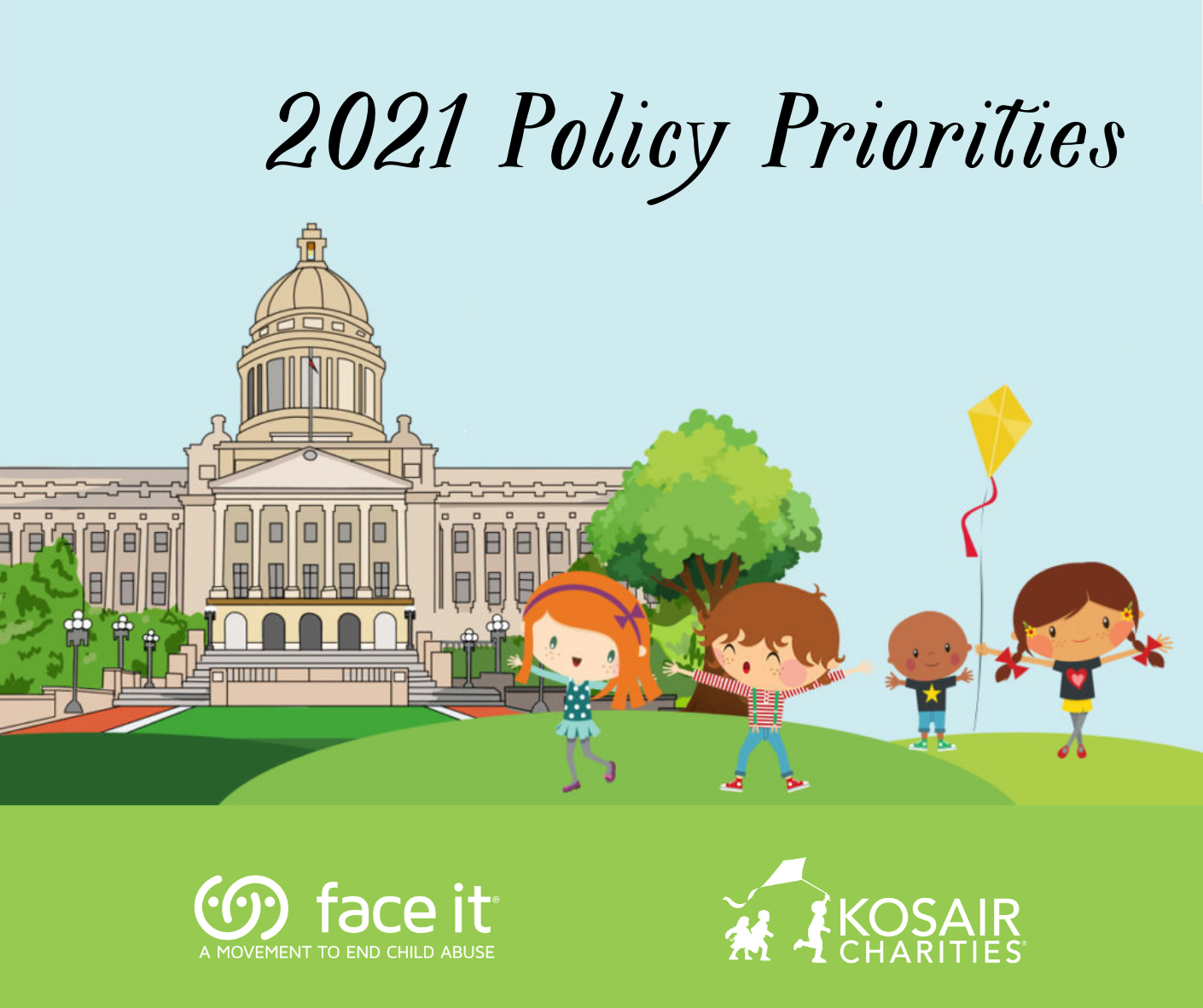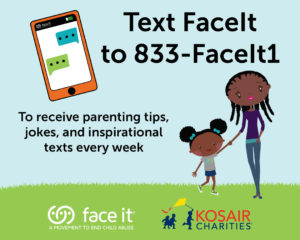
29 Jan OP-ED: With these 3 changes, Kentucky lawmakers could help end child abuse in Kentucky
This was originally posted as an op-ed by The Courier Journal on January 29, 2021.
By Keith Inman
 Last March I wrote in The Courier Journal of the urgent need to come together as we socially distanced, especially for our families experiencing extraordinary levels of stress and isolation. Throughout the course of the COVID-19 pandemic, we have seen the true impacts of courage through the dedication of health care providers, the ingenuity of school personnel and the kindness of neighbors. We have also gone outside of our comfort zones by trying new technologies to stay in touch with loved ones or asking for help when we need it.
Last March I wrote in The Courier Journal of the urgent need to come together as we socially distanced, especially for our families experiencing extraordinary levels of stress and isolation. Throughout the course of the COVID-19 pandemic, we have seen the true impacts of courage through the dedication of health care providers, the ingenuity of school personnel and the kindness of neighbors. We have also gone outside of our comfort zones by trying new technologies to stay in touch with loved ones or asking for help when we need it.
That kind of courage is what we needed to stay connected when we could not physically be together. That is the kind of courage we see from our families, communities and commonwealth as we begin to recover from the ripple effects of the pandemic. And that is the kind of courage we need to continue to support vulnerable families and to stabilize the systems that support children who have experienced abuse or neglect.
Kosair Charities and our more than 100 partner organizations in the Face It Movement are serious when we attest that one child who has experienced abuse is one child too many. Yet, the sad truth is that although rates have decreased, the latest federal data ranks Kentucky with the highest rate of child maltreatment in the nation for the third year running.
That statistic alone must embolden our elected officials to make both policy changes and state budget investments that go upstream to prevent harm from happening in the first place, connect children to services when they experience maltreatment and hold perpetrators of child abuse accountable. 
As in years past, Kosair Charities’ Face It Movement has a number of priorities for the Kentucky General Assembly to consider as they carry out the 30-day 2021 legislative session and enact a continued one-year state budget. There are three priorities that stand out as efforts that, with the courage of our elected leaders, will make a real difference in preventing and ending the plight of child abuse in our commonwealth.
First, Kentucky can continue to support evidence-informed home visitation programs, like the Health Access Nurturing Development Services (HANDS) program for new parents. As it has been abundantly clear during the pandemic, parenting is tough, and the lack of knowledge of how to handle typical child behaviors can make it more stressful. Pam Darnall, president and CEO of Family and Children’s Place, shares:
“As the HANDS provider in the Louisville metro area, we have seen how the program fosters healthy pregnancy and births, stable child growth and development, safe homes and self-sufficient families. Evidence shows that participation in in-home visitation programs like HANDS early in the pregnancy, the effects are dramatic — increases in adequate prenatal care, lower rates of preterm birth and low birthweight, and lowered incidence of child abuse.”
Second, Kentucky can increase state funds dedicated to the only five child abuse pediatricians and their teams who ensure children who have experienced physical or sexual abuse or neglect have access to the critical services they need to heal and for their case to be investigated. Judge Libby Messer of the Fayette County Family Court shares:
“The insights of a trained professional who can look at and evaluate, not just the acute injuries, but the full context of the patient’s medical history, or the history provided by a parent to determine whether a child’s injury is just an accident or the result of non-accidental trauma, is central to the court’s evaluation of abuse and future risk of harm. Not only is this essential to a successful prosecution of an abusive fatality or near fatality after the fact, as their input early in a case often leads to additional testing and evidence collection; but sometimes could have prevented the end result all together. For some children that is the difference between life and death.”




